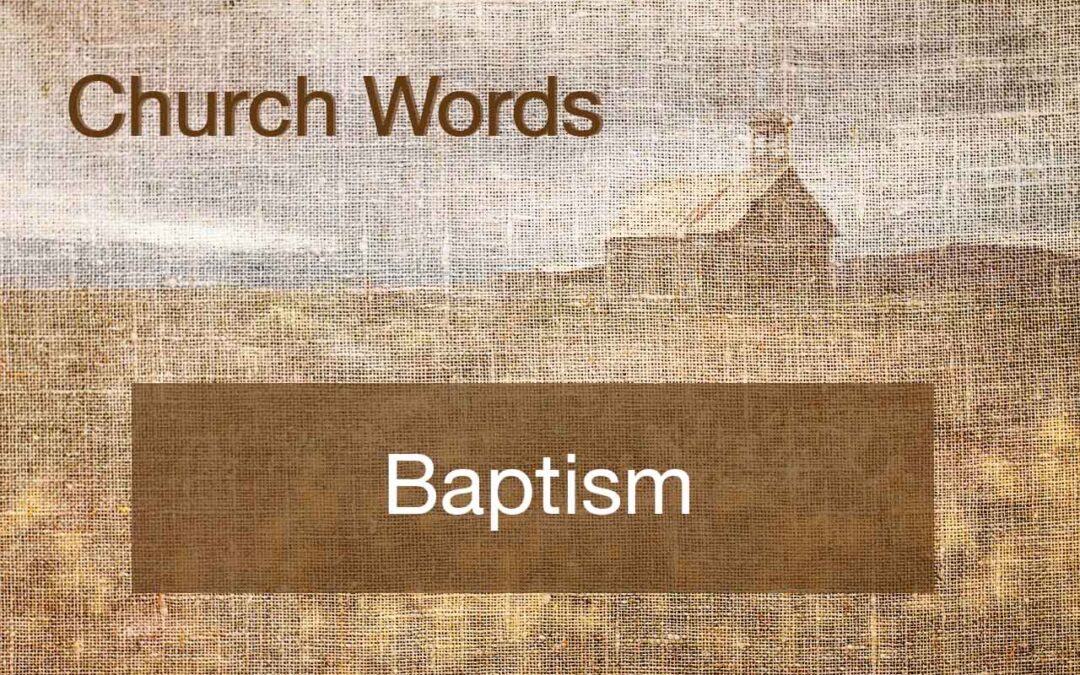
Incarnation
The incarnation describes the Son of God wrapping himself in human flesh to save humanity from the penalty of sin. Webster’s 1828 American Dictionary of the English Language defined incarnation as, “The act of clothing with flesh. The act of assuming flesh, or of taking a human body and the nature of man; as the incarnation of the Son of God. The apostle Paul explained it like this. “Christ was truly God. But he did not try to remain equal with God. Instead he gave up everything and became a slave, when he became like one of us” (Philippians 2:6-7 | CEV). He relinquished for a time his rightful place as the Second Person of the Trinity to take on characteristics he did not previously possess—those of a human being. He did not divest himself of his divinity, rather he became one person with a divine nature who always spoke of himself as a “me” not an “us.” He was one person with two natures, not two persons in one body. In effect, the Creator took on the character of his creation; manifesting the traits of both as a singular entity.
When we speak of the incarnation we begin with the familiar Christmas story. Mary, a virgin, was miraculously impregnated by God and gave birth to Jesus, God’s son. He was born fully human and fully God, yet without sin. He is God-man. Because he did not have an earthly father, he did not become a new, human being—born in sin. Instead he lived and died apart from the covenant of works and free from sin. Even though he was tempted in every respect as other humans he never succombed to sin’s temptation. Because he remained sinless he was able to serve as the atoning sacrifice for all humankind. The death of God’s only begotten son demonstrated God’s mercy and satisfied his judgment. Jesus took the punishment we deserved in order to repair the relationship between God and humankind. “This is how God showed his love for us: God sent his only Son into the world so we might live through him. This is the kind of love we are talking about—not that we once upon a time loved God, but that he loved us and sent his Son as a sacrifice to clear away our sins and the damage they’ve done to our relationship with God” (1 John 4:10 | MSG).









Recent Comments